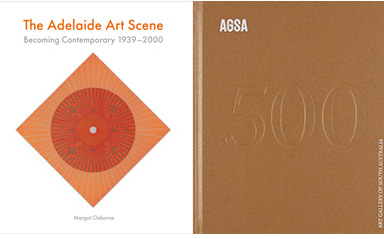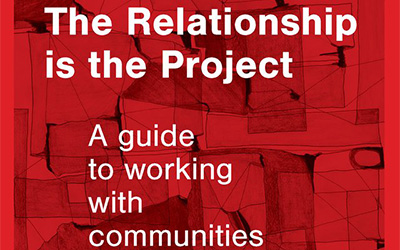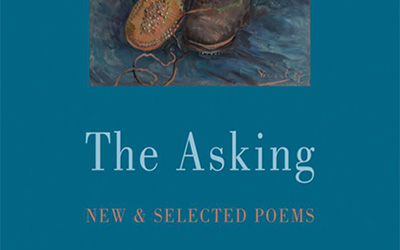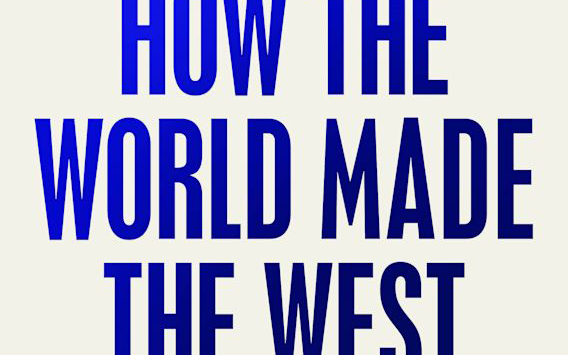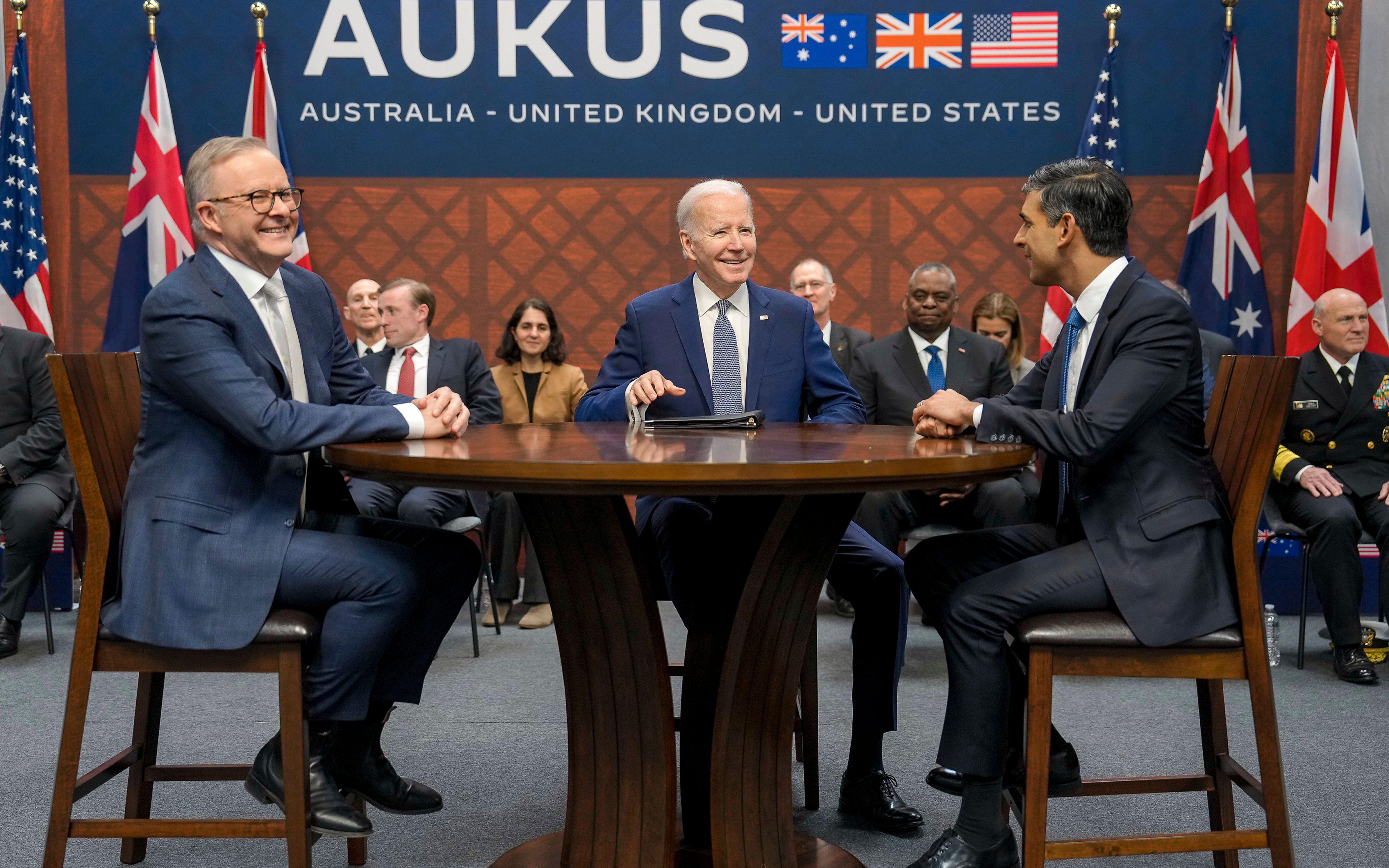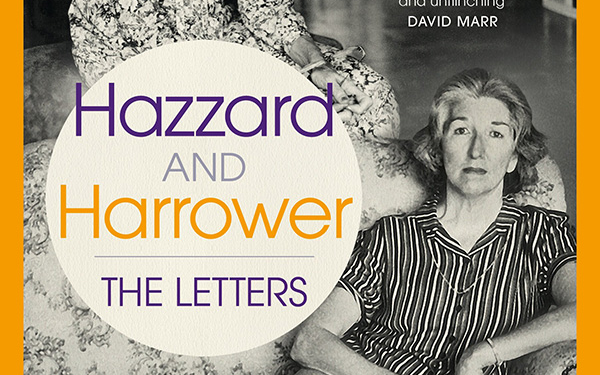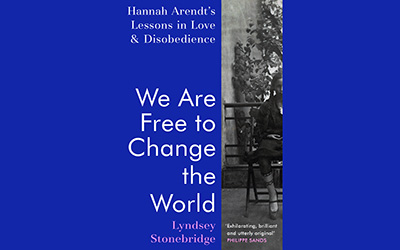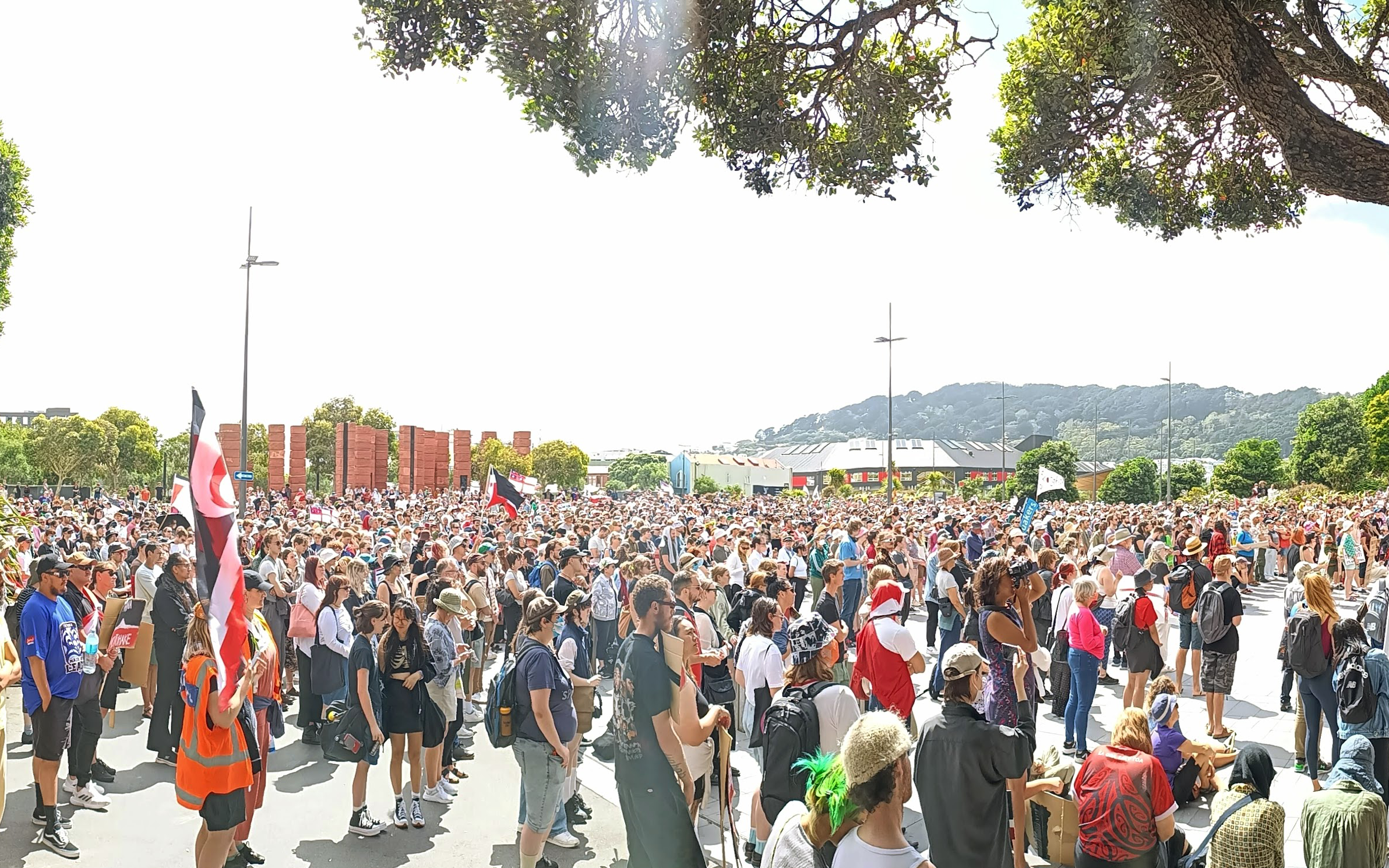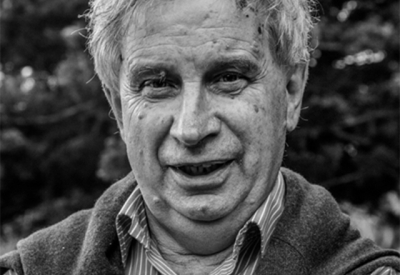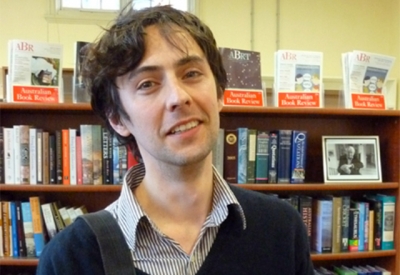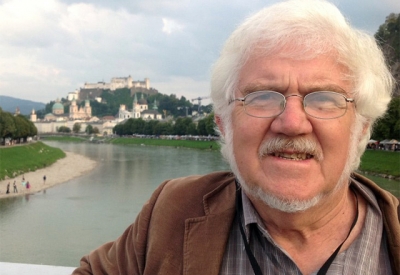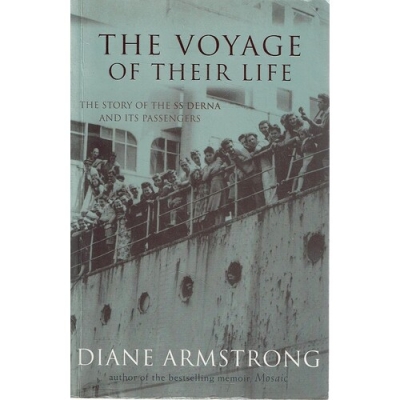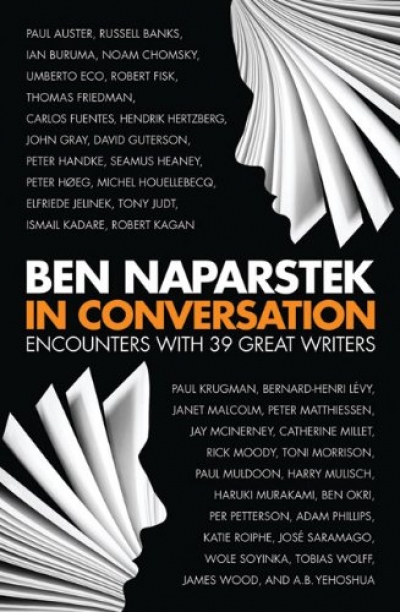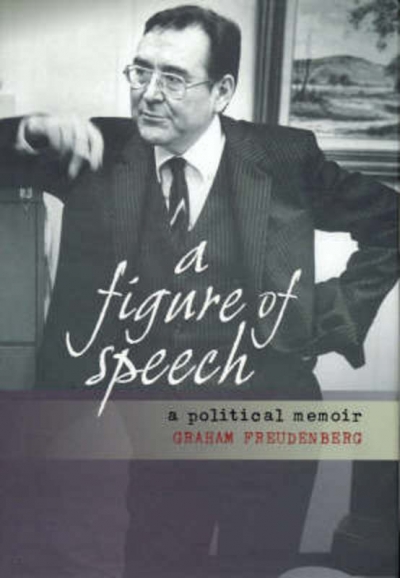The Adelaide Art Scene by Margot Osborne & AGSA 500 edited by Rhana Devenport
Studies of ‘regional modernisms’ have frequently framed the non-metropolitan in strictly Northern Hemisphere terms, construing London or New York as centres of innovation, and cities and towns further afield – but still in the same country or region as those art-world capitals – as the belated adopters of phenomena that are often perceived as the province of metropolitan actors and audiences. Margot Osborne’s monumental volume The Adelaide Art Scene: Becoming contemporary 1939-2000 tells a far more complex story of modernism’s reach, impact, and legacies in twentieth-century art practice. In forensic detail, Osborne and her contributors explore the ways in which modernism’s significance was expressed in and affected a city that found itself both connected to and rival with Sydney and Melbourne, as well as with the established international centres. Whether through the training or travel of artists who called South Australia home at one point or another in their lives, Adelaide has been an important node in those movements for longer than many might imagine.





